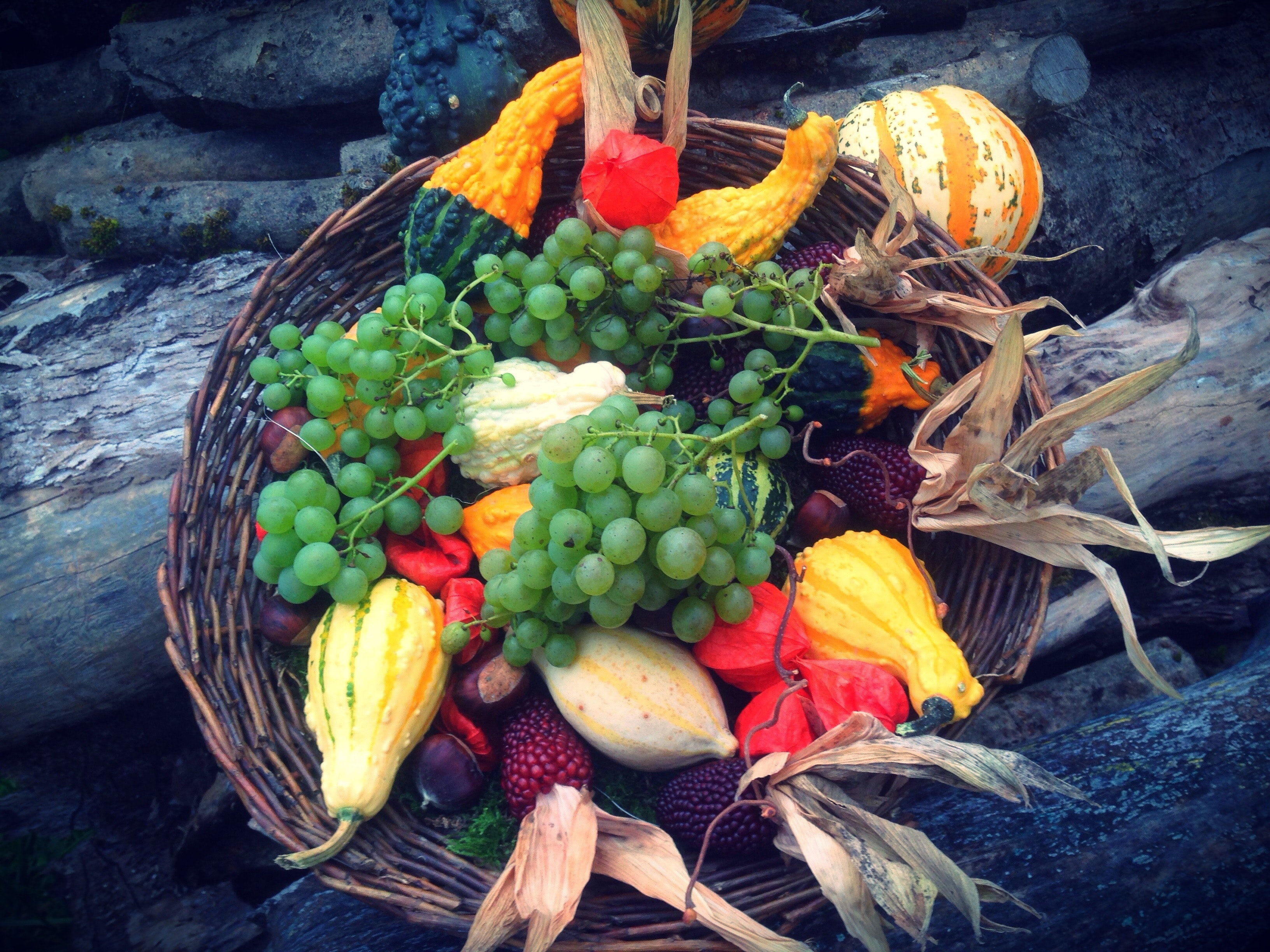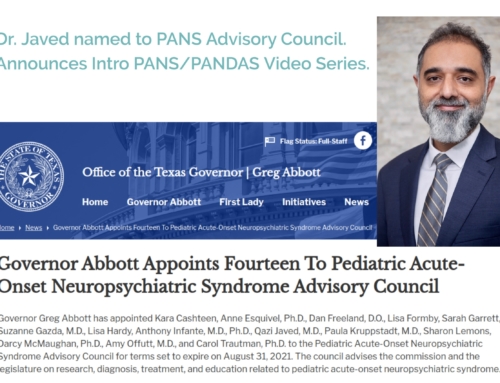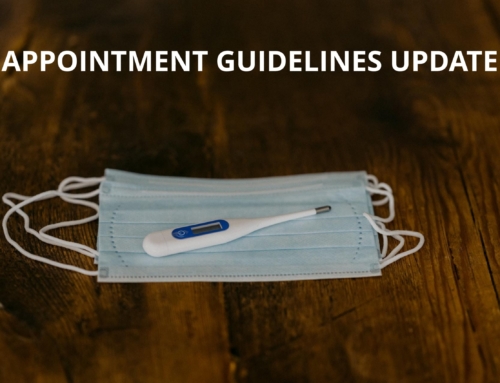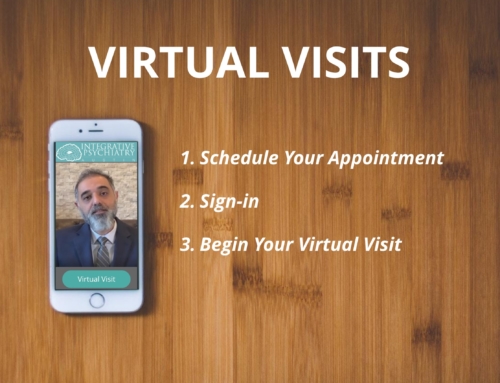The pace of our daily lives is often charged by what we see in our environment. Christmas decorations appear the minute our trick-or-treaters have emptied their overflowing buckets of candy. Pressure rises to swiftly accommodate multiple schedules, school exams and breaks, complex meal plans, travel itineraries, holiday gift lists, and the calendar has barely clicked-into November! This heightened frequency, filled with expectations and “to-dos” can often sweep families into a frenzied, stressful mode just in time to gather around a crowded table with our extended family for Thanksgiving.
Rather than merely surviving another dinner-table debate or anxiously avoiding family drama, these five tips are intended to give you a strategy that can transform your family experience this holiday season from maddening to meaningful.
- Give Thanks. Literally.
Thanksgiving is the perfect opportunity to enter the holiday season with intention and mindfulness. Sit with a family member, look into their eyes and simply say aloud, “I’m so grateful to be here with you.” Of course, any heart-felt gratitude sentiment is appropriate, but it is the act of setting the intention; as well as the act of looking into the eyes of your family member and saying words of appreciation that creates a very real physical change within your mind and body. Gratitude is indeed a gift that you give yourself as well as others. - Remember to Breathe.
Before guests arrive, or prior to walking through the door, sit and take just one mindful minute to breathe. The 4-7-8 Relaxing Breath exercise is one method that can reduce anxiety, help hasten sleep, help manage cravings, reduce anger responses. Sit and find stillness. Position the tip of the tongue just behind the top teeth on the interior of your mouth. Gently exhale to empty the air from your lungs. Breathe in quietly through the nose for 4 seconds; Hold the breath for 7 seconds; Forcefully exhale for 8 seconds with lips pursed creating a “whoo” sound. Repeat up to 4 times. - Invite Conversations between Generations: Grandparents and Grandchildren.
Research at the University of Oxford by Ann Buchanan, demonstrated that a high level of grandparental involvement significantly increases the well-being of children. It doesn’t hurt to be prepared with holiday conversation starters. A deck of cards such as Table Topics can spark connection; Or stories can be more deliberately captured using the StoryCorps tools. Teenagers, especially, can find traction with previously unheard tales of struggle and resilience when they are given the opportunity to connect with elders via story telling. - Take a Group Photo.
Creating a visual reminder that “family is family.” Remember when once you were the youngest, and you, too, will be the eldest one day. Celebrate the opportunity of sharing this unique moment with your family. When you look at others, you will likely see what exists in you, too. We are all mirrors for each other, from the traits in others that you like to those you do not. - If Anxiety Happens, Have a Plan.
Remember that perfection is an illusion. Recognize that missteps, hurt feelings, or … may trigger tension and anxiety. Your action plan should help you: take a step back from the situation; reset and/or remove yourself from the trigger. There are distinctions between your “Family-me” and your “Me-me.” Family-me is what I share with my family, and the awareness of how I am a member of that club. Me-me is what I keep to myself and do not share with my family. Both need to be functioning simultaneously. While feeling lonely, increase the Family-me energy; While feeling overwhelmed in a family encounter, increase focus toward the Me-me.
We now have a new location to serve you in Cedar Park! If you’d like to explore becoming a patient, please visit the Become A Patient page and request an appointment.






